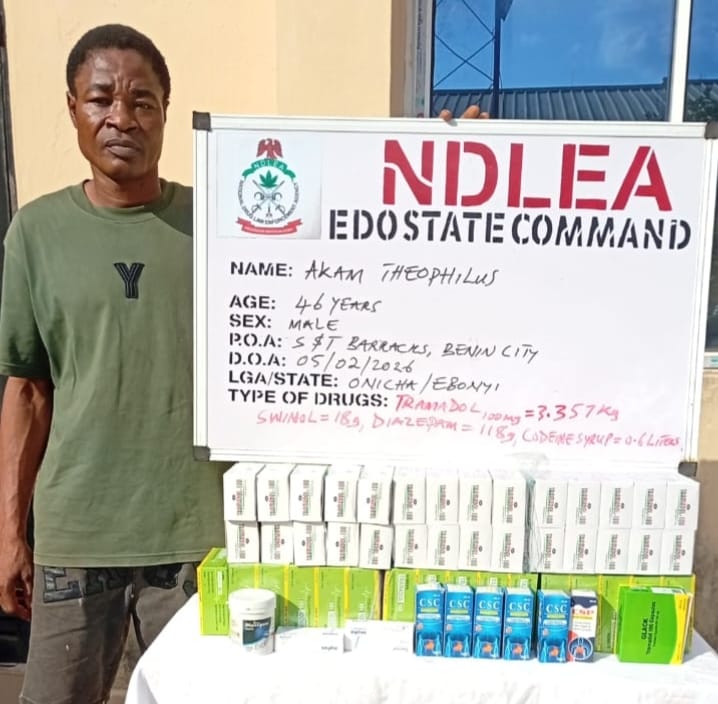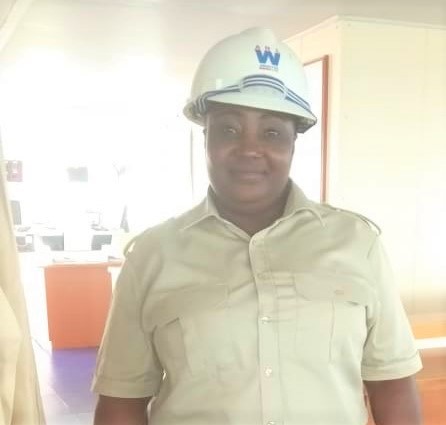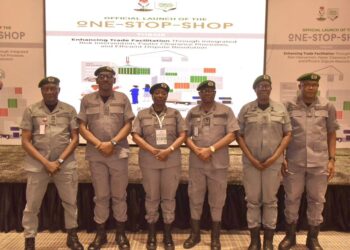On this edition of ‘Life at Sea” Nigeria’s first female master mariner, Captain Roselyn Kete, talks on the importance that seafarers must give to a balanced social life on board, in order to avoid being mentally unstable.
No seafarer wants to be sent home when they should be at sea, working. Just love your job and worry less else you will be on your way… going home of course, because sick minds cannot be left on board ships.
Captain Kete shares with us on what the major causes of poor mental health could be and how to avoid the ‘Red zone.’
Captain Roselyn Kete: Generally at sea, sailors have one thing we call the ‘red zone.’ The red zone for seafarers is identified as factors predisposing the seafarer as mental illness. Without talking about that, you will actually not have mental health for seafarers.
- Among the issues are: Isolation, loneliness, lack of shore leave, fear of criticism, fear of job loss and separation from family.
- Mental health is actually a key issue for every work place including seafarers; people working in the office as well, which is characterised by increasing workload and isolation at home as well.
- I define mental health as a state of wellbeing in which every individual realises his/her own potentials, if you can actually cope with the normal stresses of life, you can work productively and fruitfully and they will be able to make contribution to their communities.
- For you to keep up to mental health, you must also refer yourself to the red zone. When you refer yourself to the red zone of those key points I listed, it means you just have one thing to do; how would you make yourself happy at sea?
Become the best seafarer you can be; stay physically fit as well
- Build your community on board; people on board are your family, because they are the people you see every day. You really need to build your community around the vessel, be happy with people.
- Don’t put so much pressure on yourself as well
- Be alert and be a good listener as well, focus on the future.
Those are some of the things I will advise seafarers need to do to keep a good mental health.
I also want to talk about what we eat as well, and how to socialise on board.
- You can have books to read at your off- time.
- You need something to socialise with; take time for regular tour of the vessel and have informal chat with people. Spend time with others and get a social life on board. Sometimes we have gatherings- at holiday periods; we have time to talk with people.
- Don’t keep problems to yourself. Too much problems on board is not good for the health at all. If you continue worrying about the ship, your health would not be correct and they would send you home.
- Do not neglect physical wellness; walk around, do exercises.
- Eat good food; a healthy diet; get quality sleep as well.
It is important you find the source of your stress; what is giving you stress. Like the Captains on board, we always worry ourselves so much. You don’t sleep when you don’t have a good OOW or Mate on board. To keep your vessel going, at night the captain has to keep awake to see that the vessel is in the right course, and if the Mate is doing well.
Anchor: But the captain is a friend to all and shouldn’t be so worried?
Not like that. We have some autocratic masters, while some are participating ones. Of course, I will be on the participating side. If a captain is participatory, it means he wants to know everybody’s mind and he wants to play along with even the crew. Some are not like that, so as to see that the hierarchy plays its role.
Also, in a vessel, there is command and if the hierarchy is not played, the captain may not be pleased with the subordinate and they become so autocratic.
Counsellors
We have counsellors on board; we have committee members who would come and counsel a person if need be. We have people to talk to them. Some people get so panicky even before an incident happens, and before you know it they might even get injured before the incident. At such time they need counsellors to talk to them; the officers on the counselling board, which are the committees on board. We have food committee as well.

































































